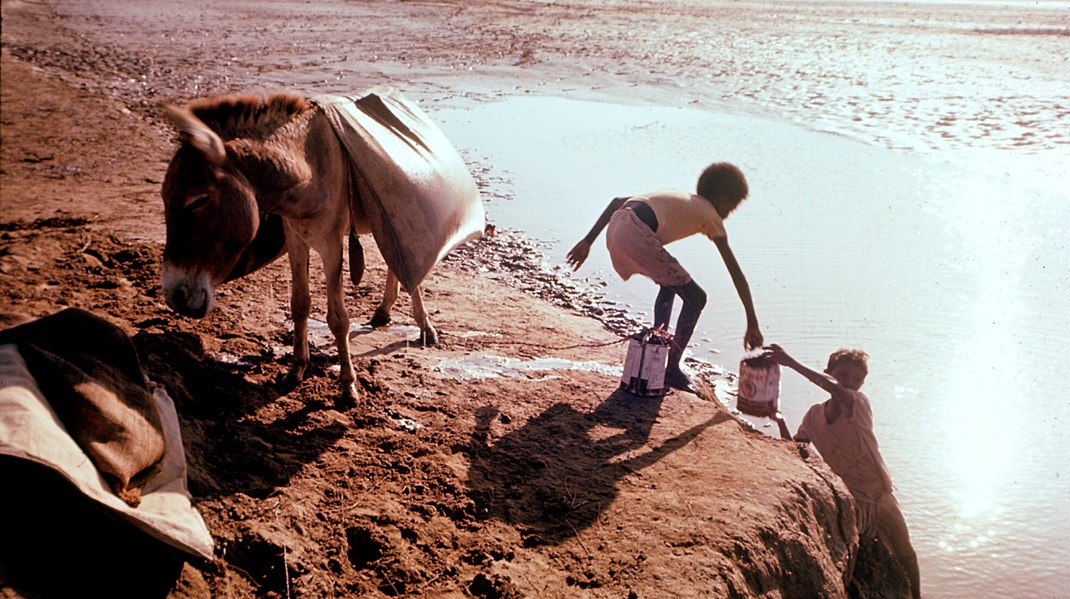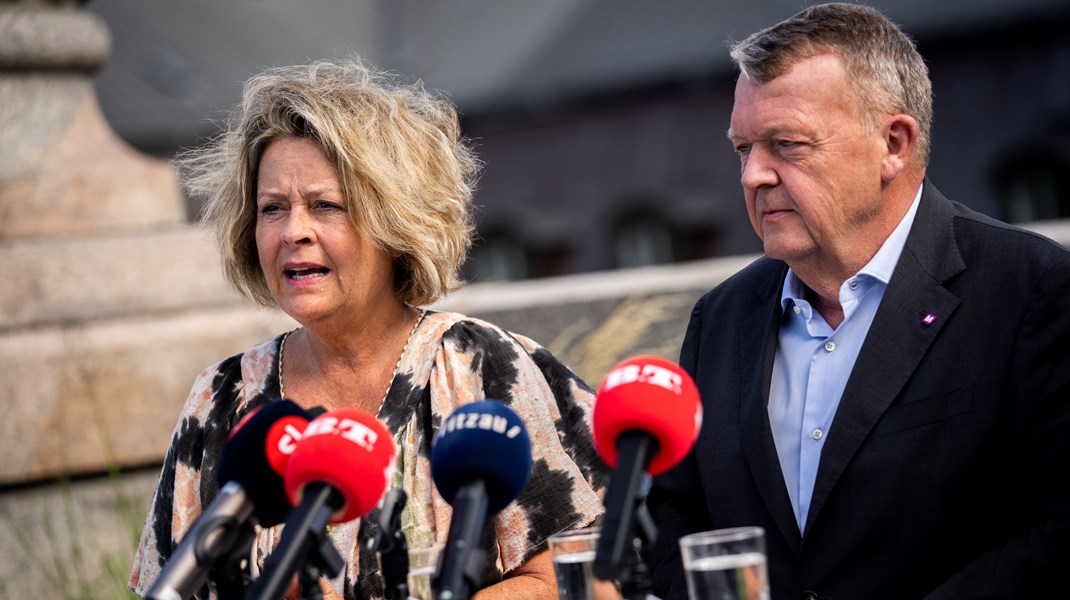Somalia launches Post Disaster Needs Assessment and Resilience Framework to analyze the recurrent impact of drought
Mogadishu, September 19, 2017. At a meeting in Mogadishu on Monday the Federal Government of Somalia launched a Post Disaster Needs Assessment (PDNA), to analyze the recurrent impact of drought in the country. The Assessment will allow for the development of a Recovery and Resilience Framework (RRF) which will provide a platform for development of investment into long-term resilience and reduction of risk to disaster. The assessment and framework will be a vital first step in enabling Somalia to transition from humanitarian intervention towards sustainable recovery and disaster preparedness. The Government led initiative is supported by the United Nations (UN), the World Bank and the European Union (EU).
The prolonged drought currently affecting Somalia has resulted in over 895,000 people displaced since 2016. Ongoing, scaled up and coordinated humanitarian response from the Government, the international community, NGOs and private sector, has thus far averted a famine in 2017, although the effects of drought are still severe and localized famine risks remain. Repeated cycles of drought requiring lifesaving humanitarian response are devastating and prevent Somalia from achieving long term development gains.
The PDNA and Recovery and Resilience Framework will allow Government at both Federal and Member State levels, as well as Somali communities, civil society, and international partners, to identify and implement long-term durable solutions that address the root causes of recurrent crises. These solutions can allow Federal Government and Federal Member States, while ensuring the delivery of urgent humanitarian assistance to Somali people, to also build resilience to disasters, reinforce capacities for disaster management and crisis response, and increase ability to respond to long term climate change. This process will contribute towards implementation of the Somalia’s National Development Plan (NDP), which includes a focus on “resilience” as a key priority area.
Speaking at the launch, Jim’ale Ahmed, Director of the Monitoring & Evaluation Department, Ministry of Planning, Investment and Economic Development (MoPIED) said, “We are very happy to launch the PDNA today - we have taken a very important step in addressing recurrent drought in Somalia.”
“We have requested the UN to support us in undertaking this PDNA and we appreciate their immediate response and support”, he added.
George Conway, United Nations Development Programme (UNDP) Somalia Country Director, highlighted that the Federal Government has requested the post-drought needs assessment to reinforce its efforts to identify root causes of recurrent vulnerability, an structural drivers of fragility, focusing on longer-term preventive and developmental solutions that can “break the cycle” of recurrent humanitarian crises in Somalia.
“The business case for investing in prevention is clear. The progress in the state-building and peace-building agenda in Somalia over recent years has created conditions in which we can now credibly deliberate on what needs to be done so that Somalia’s citizens will never again face the risk of famine,” he said.


